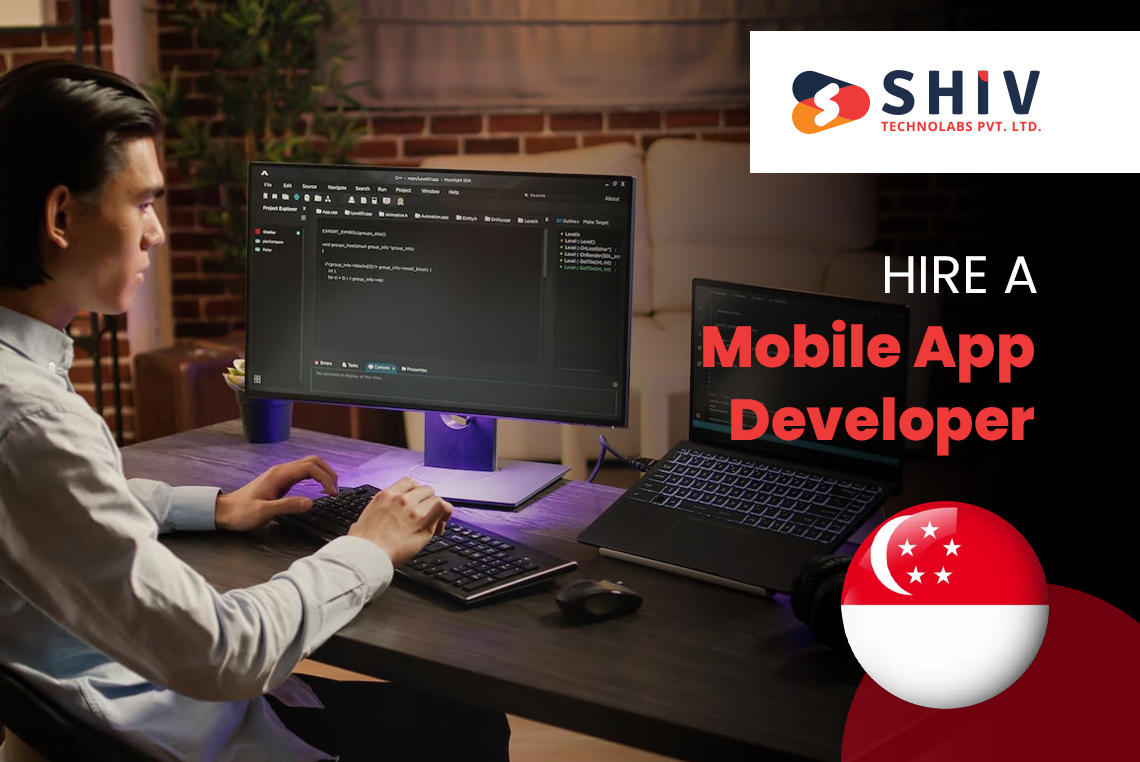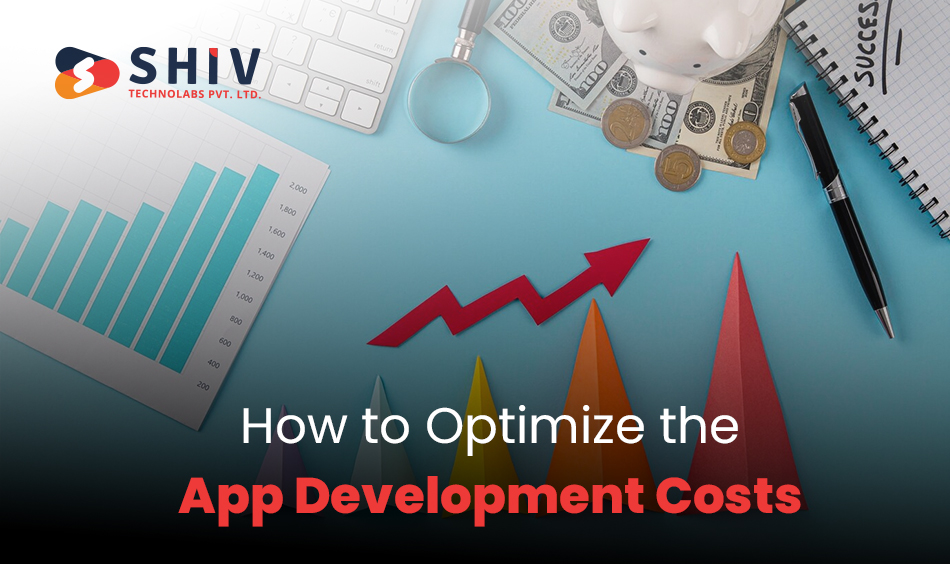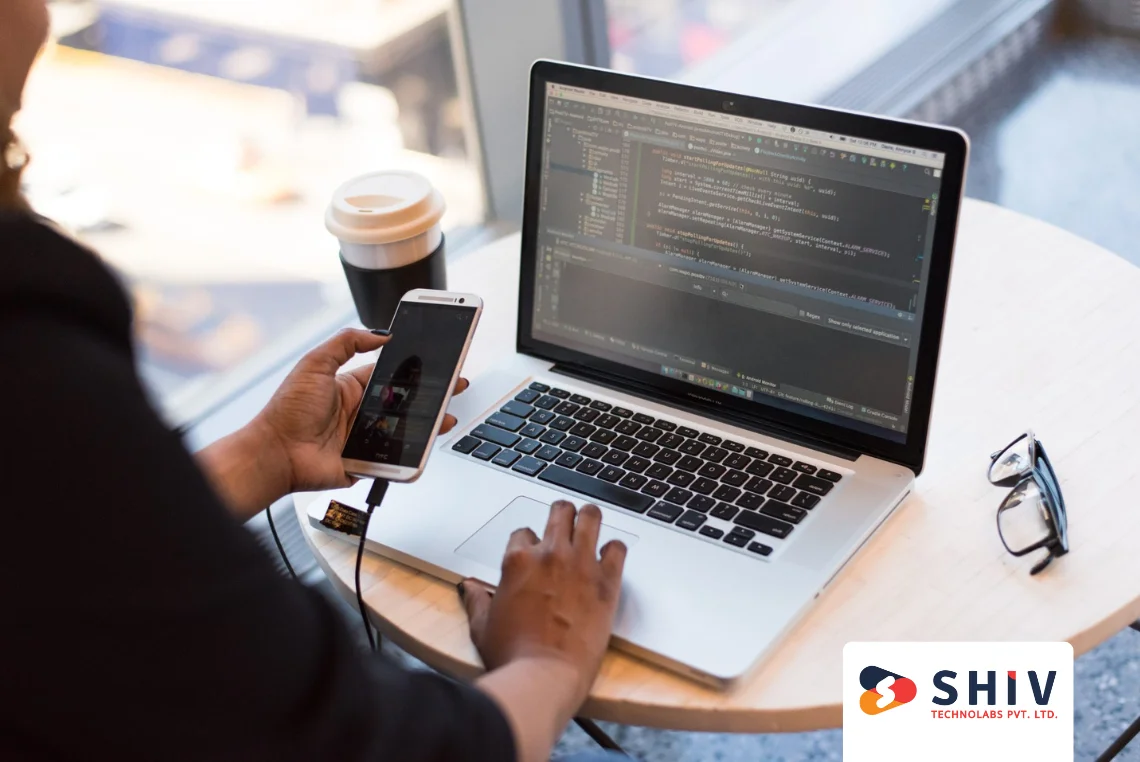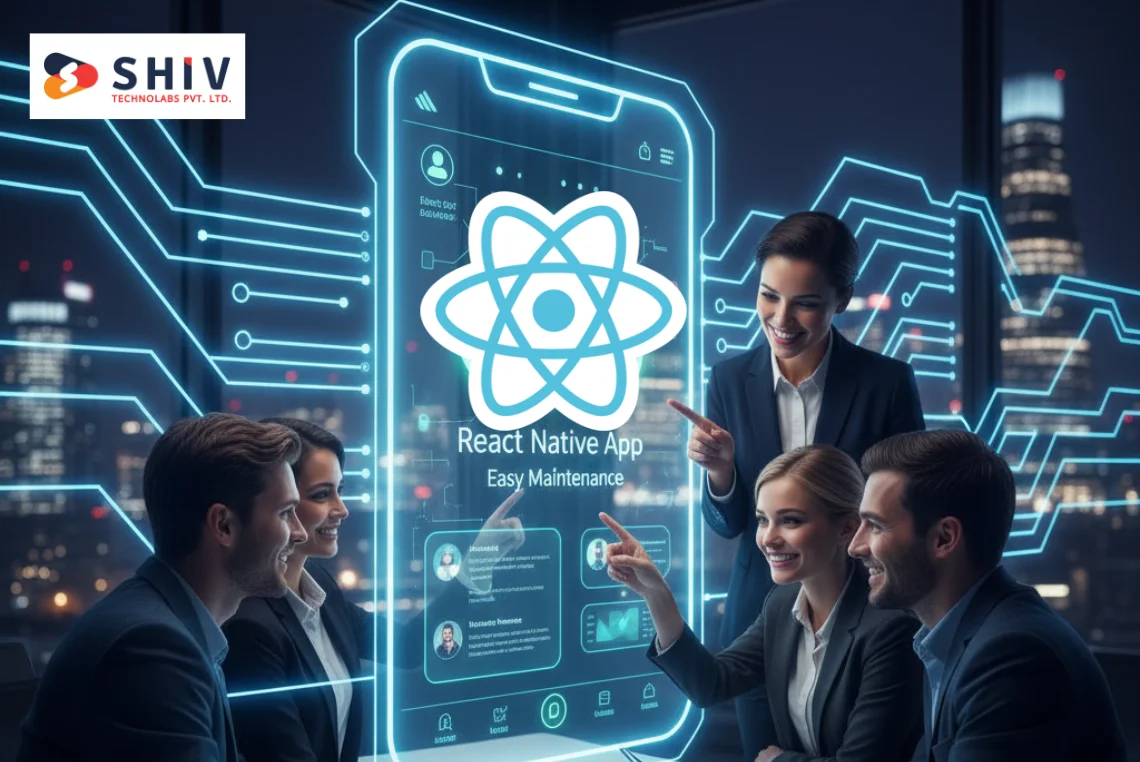Table of Contents
Hiring a mobile app developer in Singapore can be a strategic move for businesses looking to create innovative applications. However, understanding the cost involved is crucial for budgeting and planning. In this guide, we will break down the various factors that influence the cost of hiring a mobile app developer in Singapore, offering a clear picture of what you might expect to pay.
Factors: Mobile App Developer in Singapore – Experience and Cost
# Experience Level
- Junior Developers: These are developers with 0-2 years of experience. They are usually fresh graduates or individuals with minimal work experience. Hiring a junior developer in Singapore can cost between SGD 3,000 to SGD 5,000 per month.
- Mid-Level Developers: With 2-5 years of experience, mid-level developers have a solid understanding of app development. Their monthly salary ranges from SGD 5,000 to SGD 8,000.
- Senior Developers: With over 5 years of experience, senior developers bring extensive knowledge and expertise. Hiring a senior developer typically costs between SGD 8,000 to SGD 12,000 per month.
# Type of Employment
- Full-Time Employees: Full-time developers are on the company payroll, receiving benefits such as healthcare, paid leave, and bonuses. Their cost includes not just salary but also these additional perks.
- Contractors/Freelancers: Hiring on a contract basis can be more cost-effective for short-term projects. Contractors charge hourly or per-project rates, usually between SGD 50 to SGD 150 per hour depending on their expertise.
- Outsourcing Companies: Engaging an app development agency or outsourcing company can provide access to a team of experts. This option is often more expensive but can offer comprehensive project management and delivery.
# Skill Set and Specialization
- Native App Development: Developers specializing in native app development for iOS (Swift, Objective-C) or Android (Java, Kotlin) might command higher rates due to the specific skills required.
- Cross-Platform Development: Using frameworks like React Native, Flutter, or Xamarin, these developers can build apps for multiple platforms. Their rates can vary widely, often similar to those of native developers.
- Specific Technologies: Expertise in emerging technologies such as AR/VR, blockchain, or AI can also affect costs, with specialized developers charging a premium.
# Project Complexity and Scope
- Simple Apps: Apps with basic functionalities and minimal design complexity are less costly to develop. Expect to pay between SGD 10,000 to SGD 30,000 for a simple app.
- Medium Complexity Apps: These apps include features like user authentication, integration with APIs, and custom UI components. The cost can range from SGD 30,000 to SGD 80,000.
- Complex Apps: Apps with advanced features such as real-time updates, complex backend systems, or integration with hardware can cost upwards of SGD 80,000 and may exceed SGD 200,000.
Also Read:- How Much Does Custom Software Development Cost?
Additional Costs to Consider for App Developers & Designers
# Design and User Experience (UX)
Good design is crucial for the success of an app. Hiring a UI/UX designer can add SGD 5,000 to SGD 20,000 to the overall project cost, depending on the complexity and quality of the design.
# Maintenance and Updates
Post-launch maintenance, including bug fixes, updates, and new features, is an ongoing cost. This can range from 15% to 20% of the initial development cost annually.
# Licenses and Tools
Costs for development tools, software licenses, and app store fees should also be factored in. For example, an Apple Developer Program license costs USD 99 per year, while Google Play charges a one-time fee of USD 25.
# Marketing and Launch
Successfully launching an app involves marketing expenses. This can include everything from social media advertising to PR campaigns, potentially adding another SGD 10,000 to SGD 50,000 or more to your budget.
Also Read:- Mobile App Development Costs: Development & Maintenance
How to Optimize the App Development Costs
# Clear Requirements
Having a well-defined project scope and clear requirements from the start can prevent scope creep and reduce unexpected costs.
# Prototype First
Building a prototype or MVP (Minimum Viable Product) allows you to test your app concept with minimal investment. This can provide valuable insights and help refine the final product.
# Use Existing Solutions
Leveraging existing frameworks, libraries, and third-party services can save time and reduce development costs. For instance, using Firebase for backend services or integrating pre-built UI components.
# Hybrid Teams
Combining in-house developers with freelancers or outsourcing specific parts of the project can balance cost and expertise. For example, you might keep core development in-house but outsource design or testing.
# Agile Development
Employing an agile development methodology allows for iterative progress and regular feedback. This can help identify issues early and adjust the project direction without significant cost overruns.
Time Required to Develop a Mobile App: Simple, Mid-Level, and Complex Apps
Developing a mobile app involves various stages, and the time required can vary significantly depending on the complexity and features of the app. Here, we will categorize mobile apps into three types: Simple, Mid-Level, and Complex, and provide a detailed breakdown of the time required for each type.
# Simple Apps
Simple apps have basic functionalities with a minimalistic design. They typically involve standard UI components, simple forms, and basic information display. Examples of simple apps include calculator apps, note-taking apps, and basic weather apps. The development of a simple app usually involves a straightforward process with limited features, which makes the timeline relatively short.
Development Time: 2 to 4 months
# Mid-Level Apps
Mid-level apps include moderate features such as user authentication, integration with APIs, and custom UI components. These apps might support payment gateways, social media integration, and basic user analytics. Examples of mid-level apps are e-commerce apps, social media apps, and basic financial apps. Developing a mid-level app involves more detailed planning, design, and testing phases compared to simple apps.
Development Time: 4 to 8 months
# Complex Apps
Complex apps have advanced features that require significant backend development, real-time updates, integration with hardware, and complex user interactions. They often include AI features, advanced animations, and data synchronization across devices.
Examples of complex apps include high-end gaming apps, enterprise-level apps, advanced financial apps, and apps with AR/VR features. The development process for complex apps is extensive, involving multiple iterations and rigorous testing.
Development Time: 8 months to over a year
Development Time Breakdown
Here’s a detailed breakdown of the time required for each type of app, presented in a table:
| App Type | Description | Examples | Development Time |
|---|---|---|---|
| Simple Apps | Basic functionalities with minimalistic design, standard UI components, simple forms, and basic information display. | Calculator apps, note-taking apps, basic weather apps | 2 to 4 months |
| Mid-Level Apps | Moderate features including user authentication, API integration, custom UI components, payment gateways, social media integration, and basic user analytics. | E-commerce apps, social media apps, basic financial apps | 4 to 8 months |
| Complex Apps | Advanced features requiring significant backend development, real-time updates, hardware integration, complex user interactions, AI features, and data synchronization. | High-end gaming apps, enterprise-level apps, advanced financial apps, AR/VR apps | 8 months to over a year |
Conclusion
The cost of hiring a mobile app developer in Singapore varies widely based on experience, project complexity, and specific requirements. By understanding these factors and planning accordingly, businesses can make informed decisions and achieve a successful app development process. Whether opting for a full-time employee, contractor, or outsourcing company, it’s crucial to balance cost with the quality and expertise needed to bring your app vision to life.





















